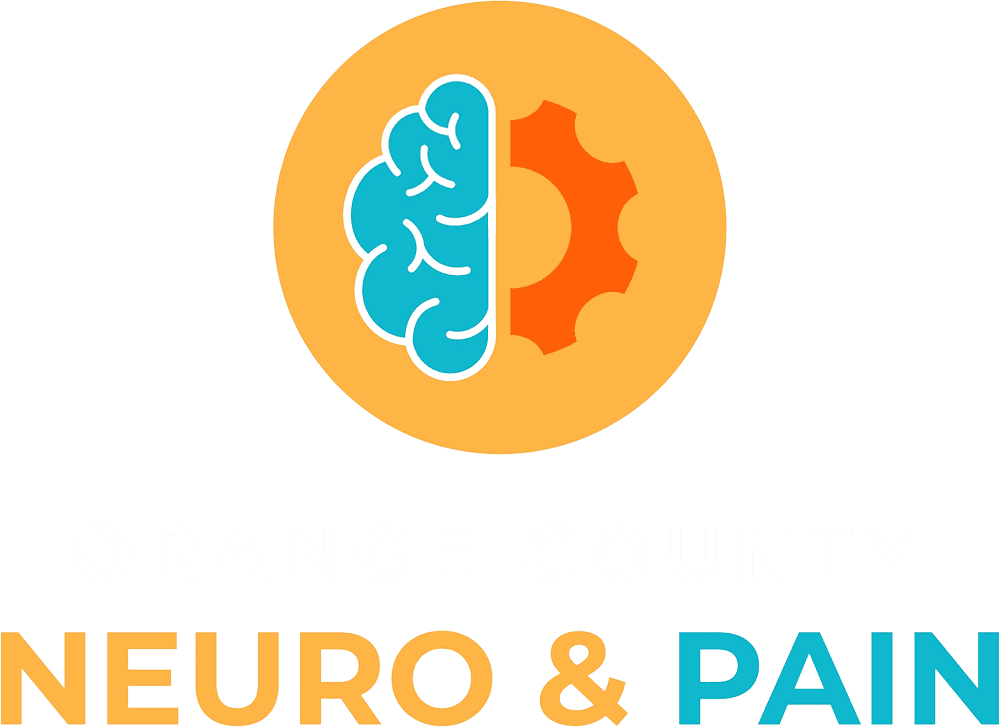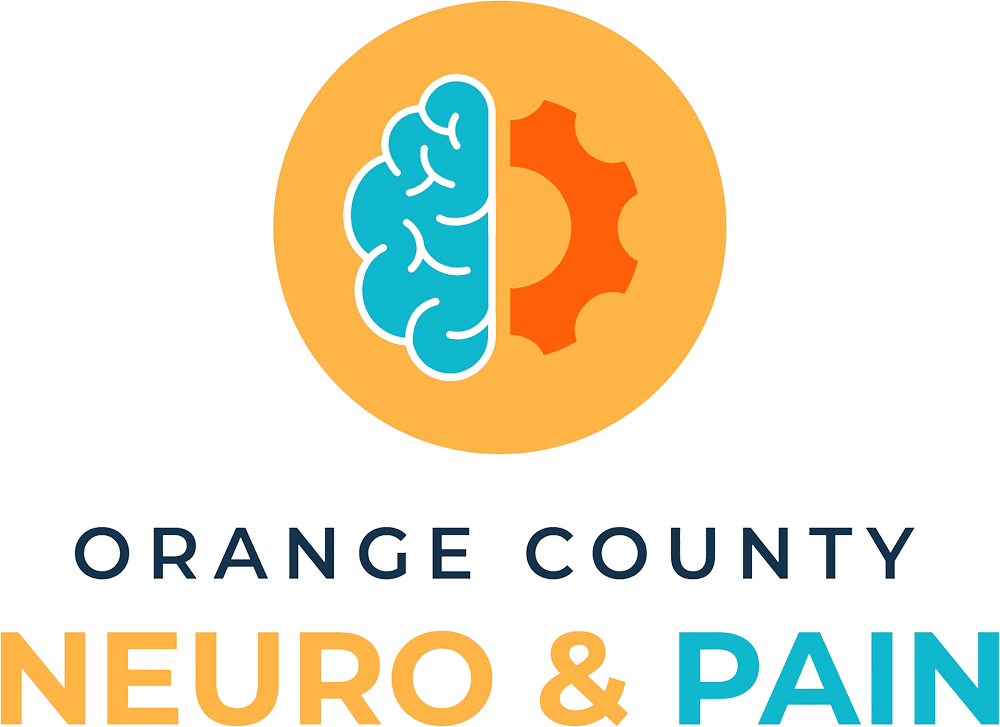

Neuropsychology is a branch of psychology that focuses on the relationship between the brain and behavior. It examines how different brain structures and functions influence our thoughts, emotions, and actions. Neuropsychological testing is an important tool used in this field to evaluate and diagnose cognitive, emotional, and behavioral disorders.
Who Benefits From Neuropsychological Testing?
Neuropsychological testing involves a comprehensive assessment of cognitive and emotional functions, which can include memory, attention, language, perception, motor skills, and executive functioning. These tests are typically administered by a trained neuropsychologist and can be conducted on individuals of all ages, from infants to the elderly. They can also be used to assess individuals with various neurological and psychiatric disorders, such as traumatic brain injury, stroke, dementia, multiple sclerosis, ADHD, and depression.

The following signs may indicate an individual needs to undergo neuropsychological testing:
- Frequent repetition of questions due to changes in short-term memory
- Often misplaces items
- Gets lost easily
- Experiences confusion
- Poor attention and concentration
- Difficulty listening and following conversations
- Difficulty with language, such as speaking or understanding others
- Struggle with recognizing objects
- Difficulties with visuospatial skills, such as drawing or using maps
- Poor judgment and decision-making skills
- A change in personality, such as an increase in anxiety or depression
- Development of delusions or hallucinations
- Difficulty understanding or managing bills or finances
- Difficulty recognizing familiar individuals
One of the primary goals of neuropsychological testing is to identify any underlying neurological conditions or impairments that may be affecting an individual’s cognitive or emotional functioning. This information can then be used to develop targeted treatment plans and interventions to help improve the individual’s quality of life.
What to Expect During Neuropsychological Testing
Neuropsychological testing typically involves a comprehensive evaluation that can take several hours to complete. The tests are often tailored to the individual’s specific needs and may include interviews with family members and caregivers, as well as observations of the individual’s behavior in different settings. Some common tests used in neuropsychological assessments include the Mini-Mental State Examination, which evaluates cognitive impairment, and the Wechsler Adult Intelligence Scale, which assesses general intelligence.
Neuropsychological testing can provide valuable information for individuals with neurological or psychiatric conditions, their families, and healthcare providers. By identifying specific areas of impairment, treatment plans can be developed that are targeted to the individual’s needs. This can include cognitive rehabilitation, medication management, and behavioral interventions.
However, it is important to note that neuropsychological testing is not a one-size-fits-all solution. Dr. Alireza Bozorgi utilizes a multidisciplinary approach to determine the right combination of treatments and create a personalized treatment plan. Each assessment is unique and tailored to the patient’s specific needs and concerns.
Why Pursue Neuropsychological Testing
Neuropsychological testing is an essential tool that can provide valuable information about an individual’s cognitive and emotional functioning, and help develop targeted treatment plans for individuals with neurological and psychiatric conditions. If you or a loved one is experiencing cognitive or emotional challenges, contact Dr. Alireza Bozorgi to schedule an appointment and to determine if neuropsychological testing is the right path.

